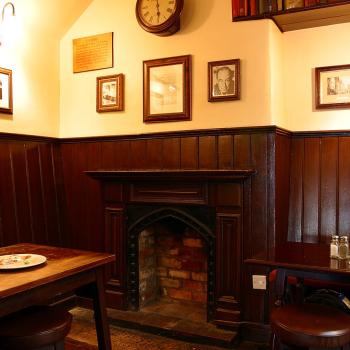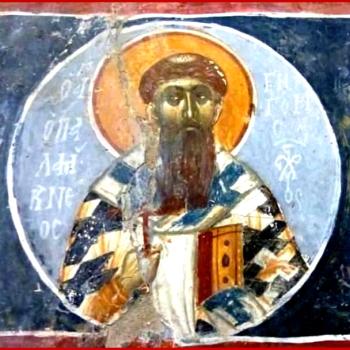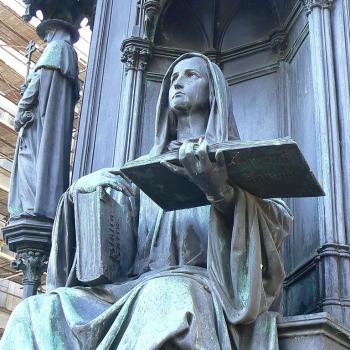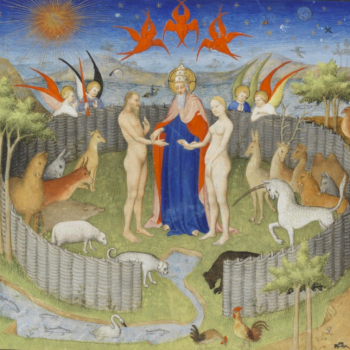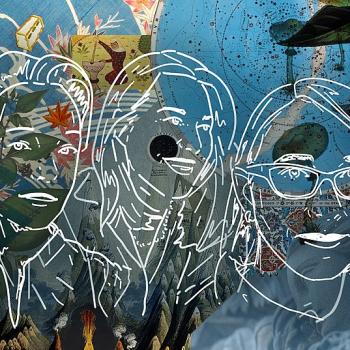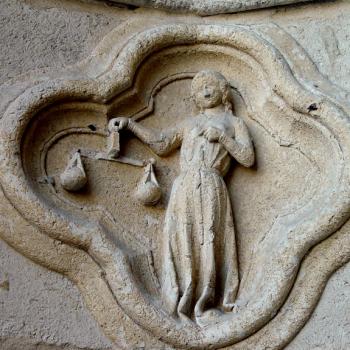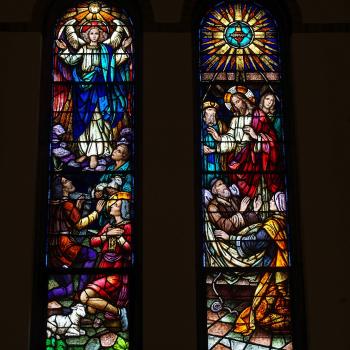I cannot properly express how influential the Inklings have been on my life. Not only do I enjoy the works they wrote, I have found many of their ideas I have helped shape the way I think and write. One significant notion of theirs that has had a lasting influence on me was the way they saw myth was to be valued, seen not as some sort of falsehood, but rather as a different way for transcendent truths to be... Read more


